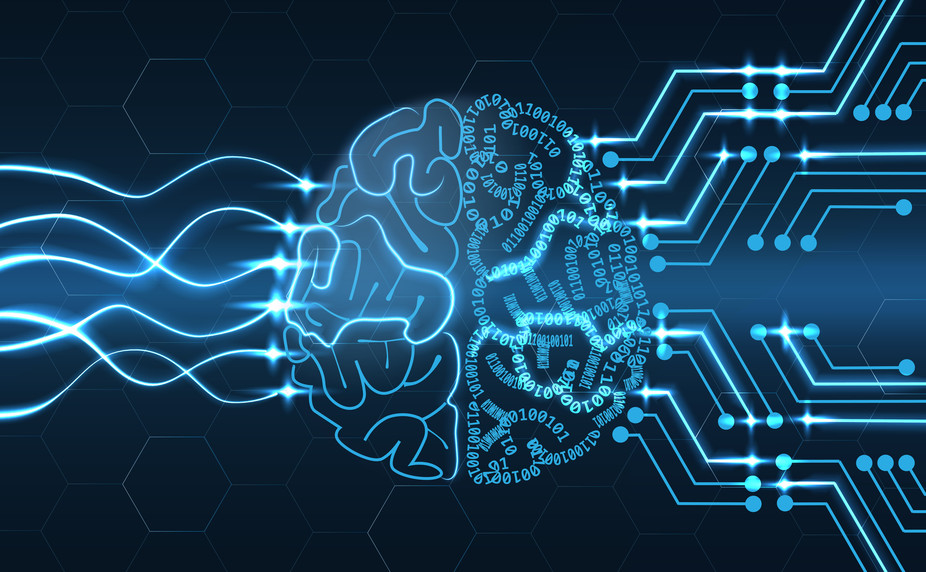
Artificial intelligence patents. Law practice.
The topic of artificial intelligence is still not present in Bulgarian law as something normative and practical, which is on the legislative agenda in the 21st century, not only for technological and legal reasons, which undoubtedly determines the future of the innovative sector and through it the public, business and personal life of every modern person. The latest research on the subject in many of the world's advanced technology countries has shown that it is not far off the time when besides the afternoon chess game with some electronic device, artificial intelligence will be issued with instant visas, will be approved faster and secure (personal data - finger, face recognition) bank credits, national and cross-border (eg European) elections will be held and health services will be provided. Other studies have shown that artificial intelligence will replace many professions - lawyers, notaries, bailiffs, judges, revolutionize medical precision and monitoring, robotize our industry, services and lifestyle, thus putting new intellectual, philosophical and psychological challenges to everyday life and perhaps to the relationships between us - human beings. Realizing the inevitability of all this, many companies operating in different spheres of social and business life began to develop dynamic and focused inventions based entirely on artificial intelligence. Taking this into account, I want to pay close attention to this statement of these patents, driven by my belief that today's inventions in the area of Artificial Intelligence (AI) are the basis of our more interesting tomorrow.
1.Historical development. Artificial Intelligence (AI) appeared in the 1950s, with the first mention of the term coming from a summer 1956 research project of Dartmouth College, New Hampshire, USA. A year earlier, in 1955, John McCarthy, a young assistant professor of mathematics at Dartmouth College, decided to organize a group for exploring and developing digital thinking machines. McCarthy selects the name "Artificial Intelligence" as a "new field" of scientific search. It presumes mostly neutral neutrality in order to avoid focusing on the narrow theory of automation and cybernetics, as already known achievements of analog technology. In early 1955, Mr. McCarthy turned to Robert Morrison, director of biological and medical research at the Rockefeller Foundation, to request funding for the Dartmouth summer seminar for about 10 mathematicians. On 2 September 1955, the project was officially presented to the board members under the notion of "artificial intellect".